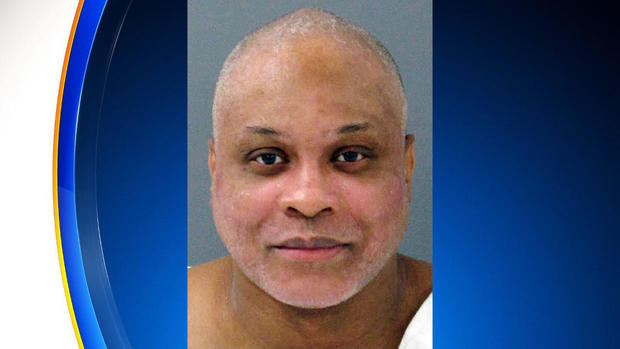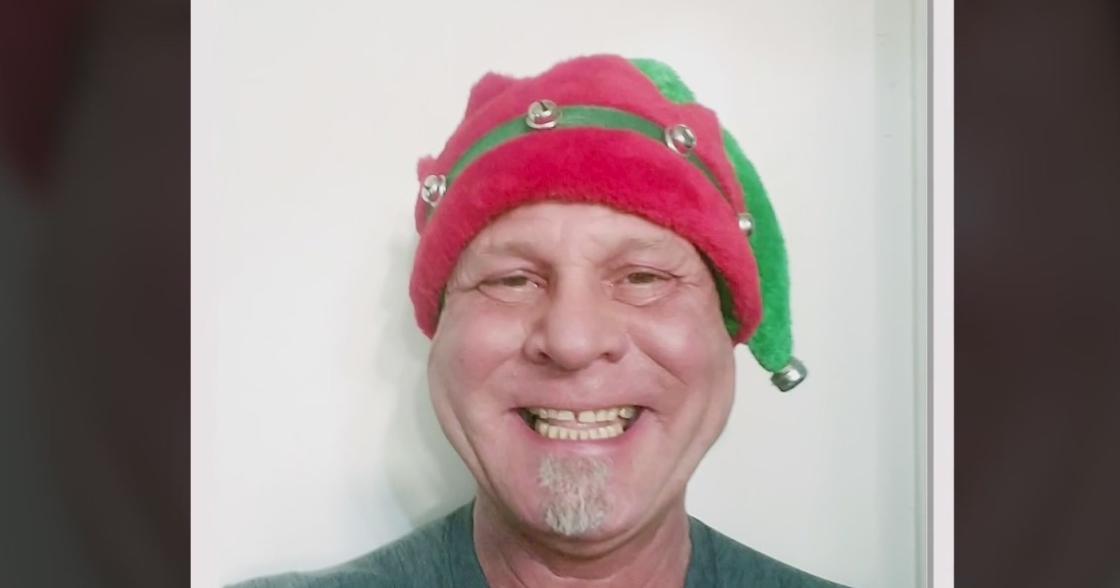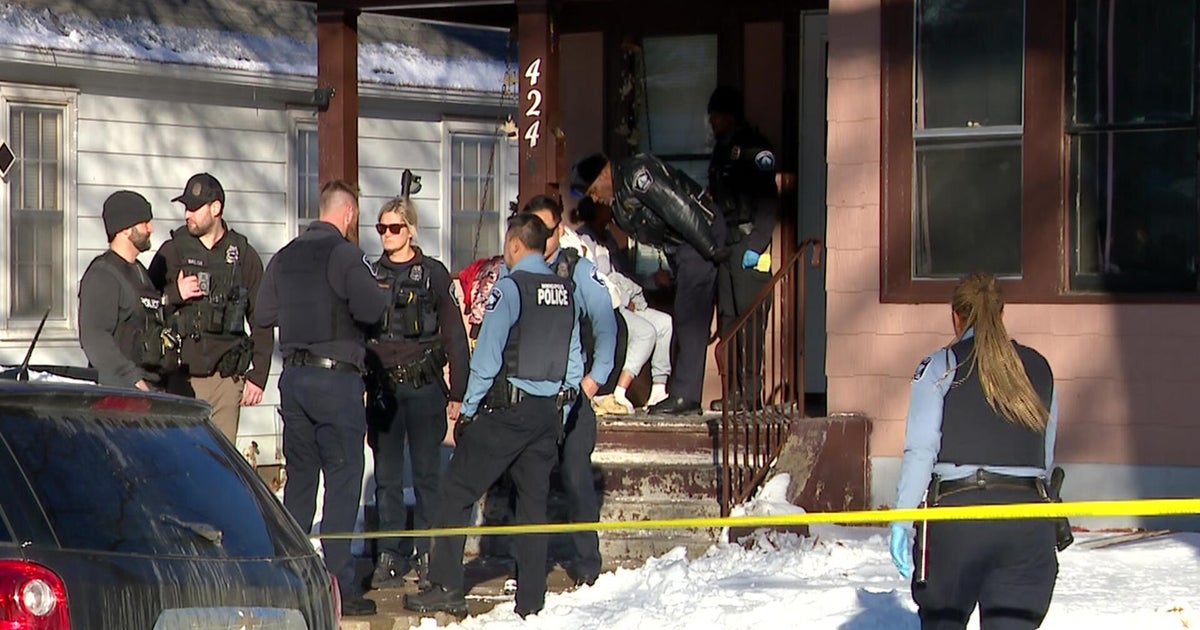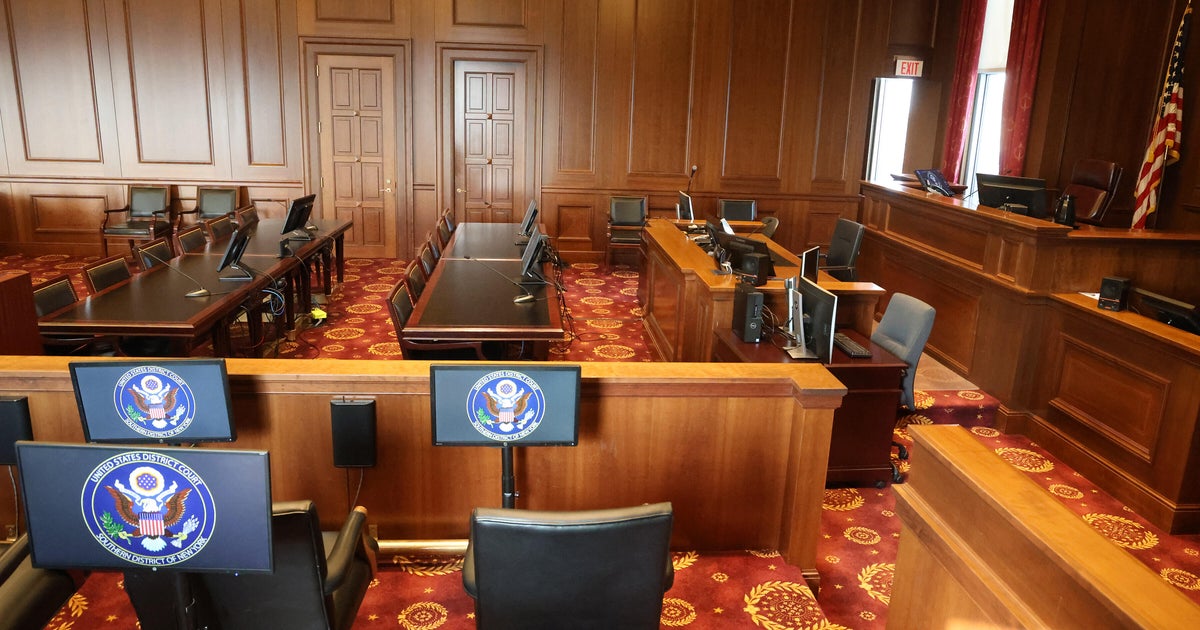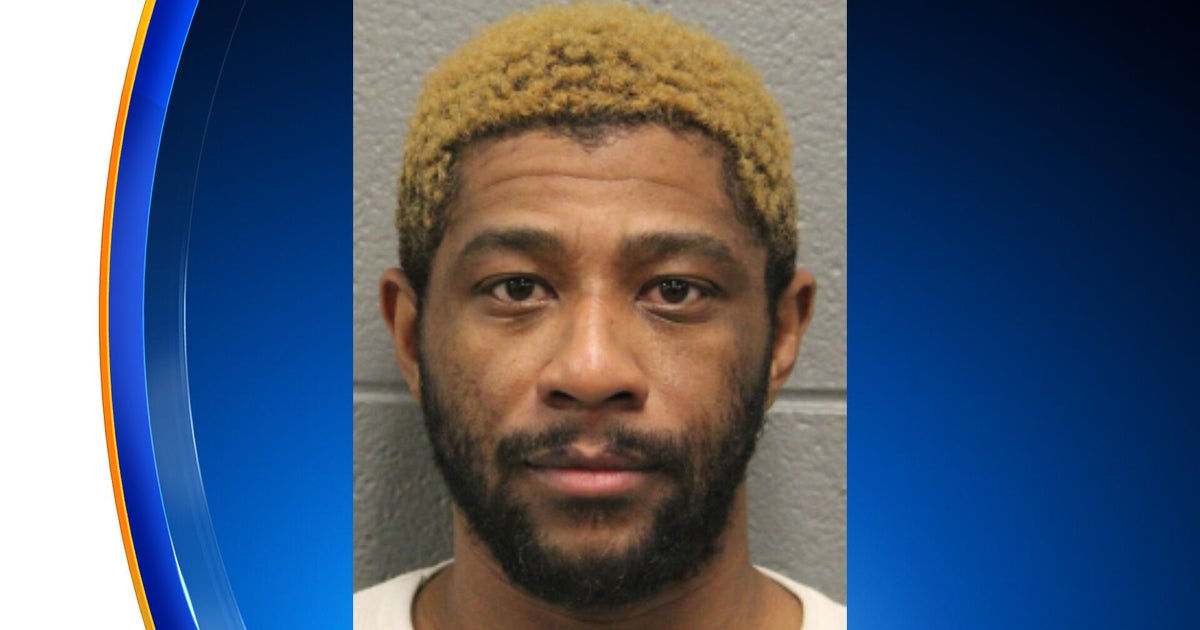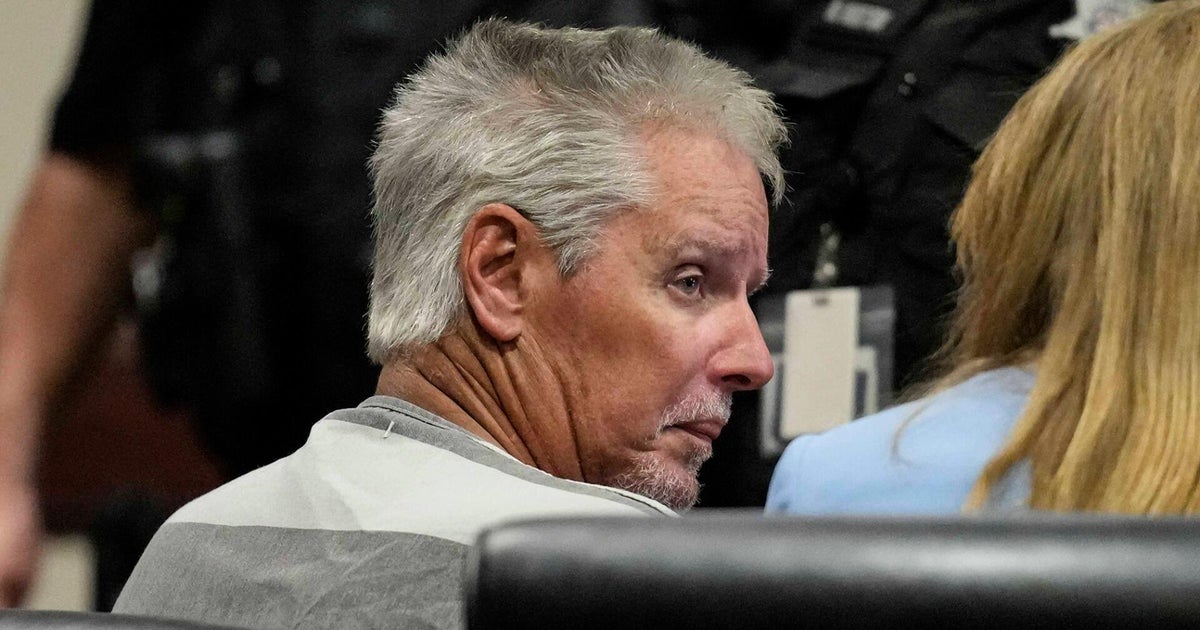Texas executes inmate for fatally shooting 3 teens in 1998
HUNTSVILLE, Texas (AP) — A man convicted of killing three teenagers while they slept in a Texas Panhandle home more than 25 years ago was executed on Wednesday, the sixth inmate to be put to death in the U.S. this year and the second in as many days.
John Balentine, 54, whose attorneys had argued that his trial was marred by racial bias, received a lethal injection at the state penitentiary in Huntsville, Texas, for the January 1998 shooting deaths of Edward Mark Caylor, 17, Kai Brooke Geyer, 15, and Steven Watson, 15, at a home in Amarillo. Prosecutors said all three were shot once in the head as they slept.
Balentine appeared jovial as witnesses were entering the death chamber, asking if someone standing near the gurney could remove the sheet covering the lower two-thirds of his body "and massage my feet." Then he chuckled.
After a brief prayer from a spiritual adviser who held Balentine's left foot with his right hand, the prisoner gave a short statement thanking friends for supporting him. Then he turned his head to look through a window at seven relatives of his three murder victims and apologized.
"I hope you can find in your heart to forgive me," he said.
The mothers of each of the three victims were among the witnesses a few feet from him.
He took two breaths as the lethal dose of the powerful sedative pentobarbital began flowing through intravenous needles in his arms, snored twice, yawned and began snoring again loudly. The snores — 11 of them —became progressively quieter, then stopped.
At 6:36 p.m., 15 minutes after the drugs began, a physician pronounced him dead. The victims' witnesses then shared high-fives before leaving the death chamber. They declined to speak with reporters afterward.
Caylor's sister, who was among the witnesses watching him die, was Balentine's former girlfriend, and prosecutors said the shootings stemmed from a feud between Caylor and Balentine. Ballentine, however, argued that Caylor and others had threatened his life over his interracial relationship. Balentine is Black. The three victims were white.
Balentine confessed to the murders. One of his trial attorneys said Balentine turned down a plea agreement that would have sentenced him to life in prison because the racists threats he received made him afraid of being attacked or killed while incarcerated.
Lawyers were pursuing two legal strategies to save their client before he was executed. The first was to argue that his trial and sentencing were tainted by racism. But Balentine was also among five Texas death row inmates who sued to stop the state's prison system from using what they allege are expired and unsafe execution drugs. Despite a civil court judge in Austin preliminarily agreeing with the claims, the state's top two courts have now allowed three of the five inmates participating in the lawsuit to be executed. Robert Fratta, 65, was put to death Jan. 10 and Wesley Ruiz, 43, on Feb. 1.
Prison officials said the state's supply of execution drugs is safe.
Separately, Balentine's attorneys alleged the jury foreman in his case, Dory England, held racist views and used racial slurs during his life and bullied other jurors who had wanted to sentence Balentine to a life sentence into changing their minds. Lola Perkins, who had been married to England's brother, told Balentine's attorneys that England "was racist against Black people because that is how he was raised."
England, in a declaration before his death in 2021, said he pushed for Balentine's death sentence because he worried if the accused was ever released that England himself "would need to hunt him down." However, England also said he threatened to report another juror to the judge for making prejudiced comments when the person "started going off about this Black guy killing these white teenagers."
Balentine's attorneys also alleged prosecutors prevented all prospective Black jurors from serving at the trial and that Balentine's trial lawyers referred to the sentencing proceedings in a note as a "justifiable lynching."
Randall Sherrod, one of Balentine's trial attorneys, said Wednesday he could not remember the note but denied that he or the other attorney, James Durham Jr., had any racist attitudes toward Balentine. Durham died in 2006.
"I think he got a fair trial," Sherrod said of Balentine. "I think we had a good jury. ... We tried to help John whatever way we could."
The U.S. Supreme Court on Wednesday declined an appeal from Balentine's attorneys to halt the execution so that his claims of racial bias could be properly reviewed.
A defense request for Republican Gov. Greg Abbott to temporarily stay the execution also failed and the Texas Court of Criminal Appeals denied a request to stay Ballentine's execution over allegations that "racism and racial issues pervaded" his trial. The appeals court denied the stay on procedural grounds without reviewing the merits.
On Wednesday afternoon, the Texas Board of Pardons and Paroles unanimously declined to commute Balentine's death sentence to a lesser punishment or to grant a 30-day reprieve.
"Without a thorough judicial consideration of Mr. Balentine's claims, we can have no confidence that the death verdict isn't tainted by racial bias," said Shawn Nolan, one of Balentine's attorneys.
Potter County District Attorney Randall Sims, whose jurisdiction includes Amarillo, where the murders occurred, had pushed for the execution to go forward. On Monday he declined to comment ahead of the execution.
Koda Shadix, the younger brother of Geyer, one of the victims, said in a video posted online last week that he was upset by efforts to delay justice.
Balentine has "shown no remorse and absolutely does not care what he did. All he cares about is his life," Shadix said.
